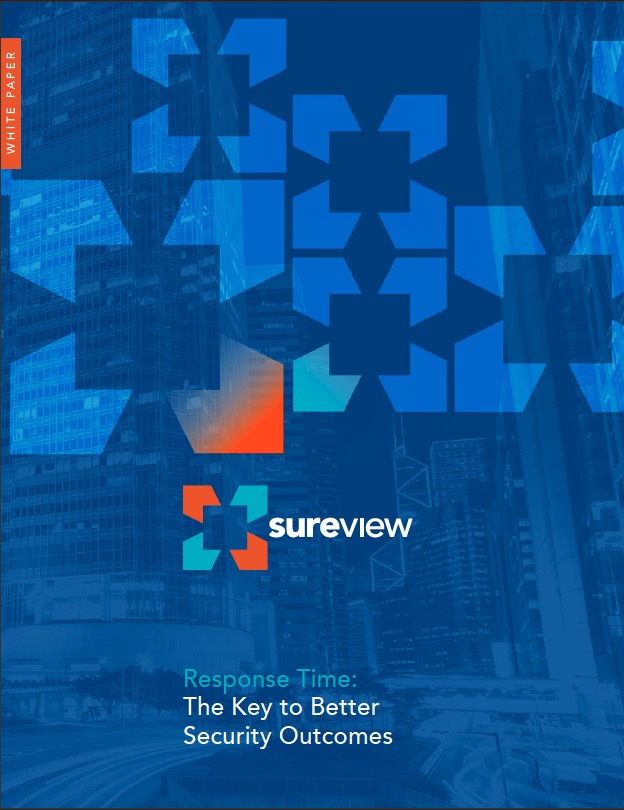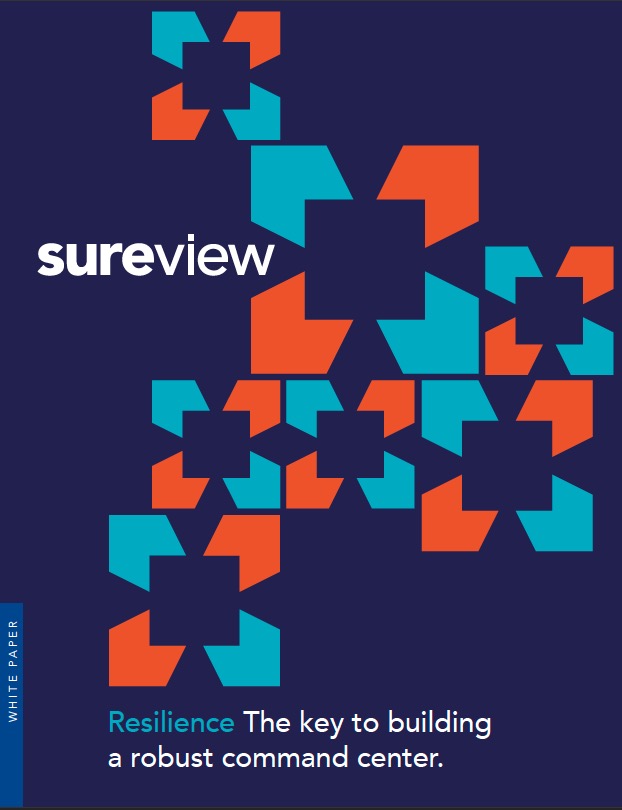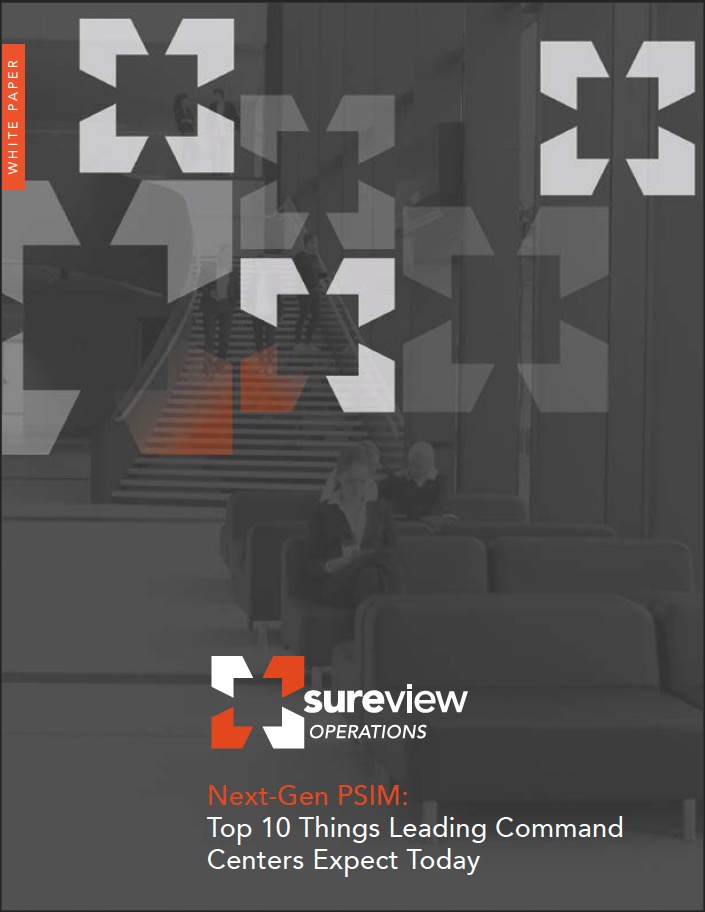Helpful
Resources

Response Time: The Key to Better Security Outcomes
Every security command center is tasked with improving security outcomes. This can mean different things to different organizations depending on their industry, facilities, corporate mandates, and compliance requirements. Measuring these outcomes can be difficult: some performance requirements are almost impossible to measure, while other incidents happen so infrequently that tracking them for performance provides no valuable data. Ultimately, there’s a single core metric to gauge security performance and outcomes: response time.
In this paper we’ll explore the 7 essential steps to speed-up response time so that you improve your overall security outcomes.
Resilience: The key to building a robust command center
Security Command Centers have become a common fixture in corporate and government organizations, coordinating the response to events as benign as lost-and-found or as critical as a mass shooting or natural catastrophes. As this function becomes ubiquitous and people rely on the leadership these SOCs provide, the need for these operations to have built-in resilience becomes critical.
Depending on your role, resilience can mean different things to different people. For IT managers the focus is often application uptime, while for Operations it’s all about the speed at which your team can adapt to changing situations and respond to growing security threats.
This white paper will explore the ways that your security operations teams can build resilience into their responses, from both an IT and Operations perspective.
Next-Gen PSIM: Top 10 Things Leading Command Centers Expect Today
Command center leaders are demanding their PSIM (Physical Security Information Management) systems be more agile, resilient, feature-rich, and capable of providing immediate solutions, in order to keep up with the changing risk landscape faced by their organizations.
We have worked with some of the world’s leading technology companies to address evolving security challenges. In this paper, we explore the top 10 requirements that these successful companies had for their second-generation PSIM; features that enabled them to speed-up response, improve operational efficiency, and future-proof their investment.






